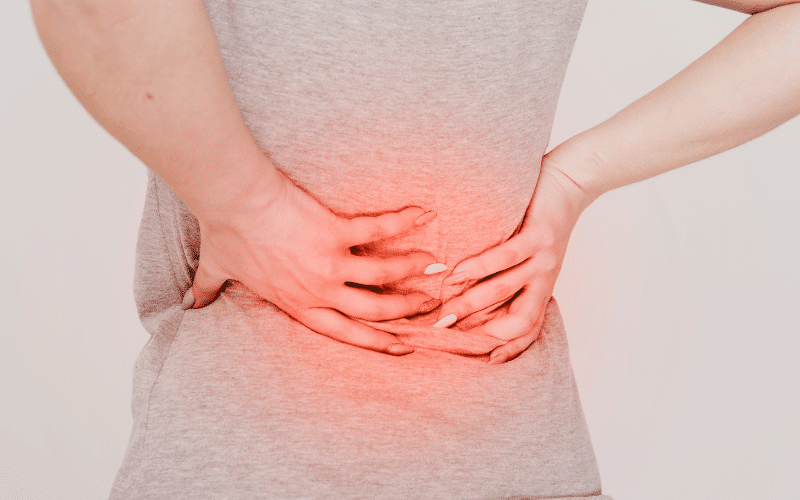Frequently Asked Questions about Kidney Stones in Women

1. What causes kidney stones in women?
Kidney stones in women can be caused by various factors, including genetics, diet, dehydration, and certain medical conditions. Consuming a diet high in sodium, oxalate, and animal protein can increase the risk of stone formation. Additionally, inadequate fluid intake can lead to concentrated urine, which promotes the formation of kidney stones.
2. How can women prevent kidney stones?
Preventing kidney stones in women involves lifestyle changes, such as drinking plenty of water, maintaining a healthy diet, and staying active. Aim to consume at least 2-3 liters of water daily to promote proper kidney function and dilute urine. A balanced diet low in sodium, oxalate, and animal protein can also help reduce the risk of stone formation.
3. How are kidney stones diagnosed in women?
Kidney stones in women can be diagnosed using various methods, including a physical examination, urinalysis, blood tests, and imaging studies such as X-rays, ultrasounds, or CT scans. These tests help determine the presence, size, and location of the stone and guide the appropriate treatment plan.
4. What are the treatment options for kidney stones in women?
Treatment options for kidney stones in women depend on the size, location, and type of the stone, as well as the severity of symptoms. For smaller stones, conservative treatment such as pain management and increased fluid intake may be sufficient. For larger stones or those causing complications, medical intervention may be necessary, such as extracorporeal shock wave lithotripsy (ESWL), ureteroscopy, or percutaneous nephrolithotomy (PCNL).
5. Can kidney stones in women lead to complications?
If left untreated, kidney stones in women can lead to complications such as urinary tract infections, kidney infections, and kidney damage. In severe cases, untreated kidney stones can result in sepsis, a life-threatening condition. Therefore, it is essential to seek medical attention if you experience any symptoms of kidney stones to prevent complications and ensure proper treatment.
Conclusion
Recognizing the top 10 signs of kidney stones in women is crucial for early detection, prompt treatment, and prevention of complications. Symptoms such as sudden, severe pain in the lower back or abdomen, blood in the urine, nausea and vomiting, frequent urination, and painful urination are all indicative of kidney stones. If you experience any of these symptoms, it is essential to seek medical attention to determine the underlying cause and initiate appropriate treatment. By staying informed and proactive, you can help protect your kidney health and overall well-being.